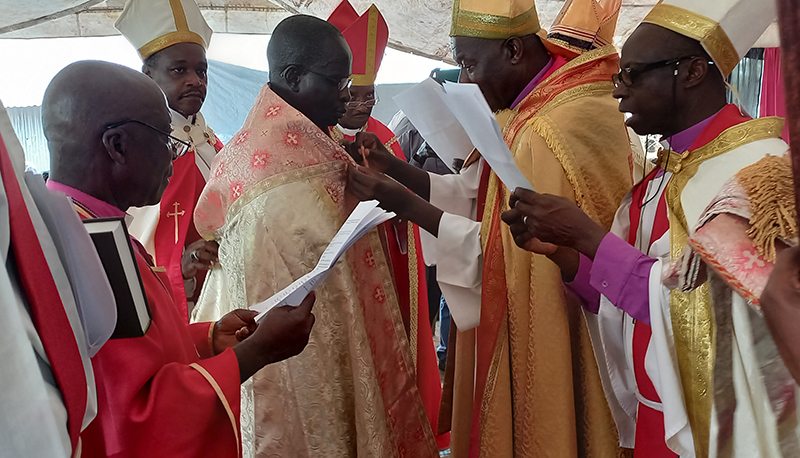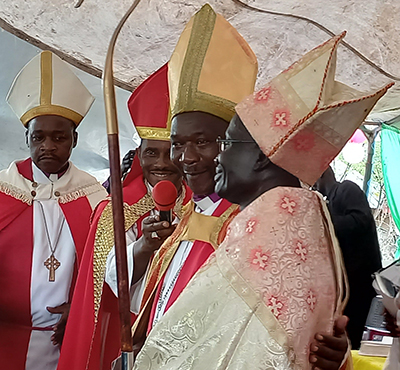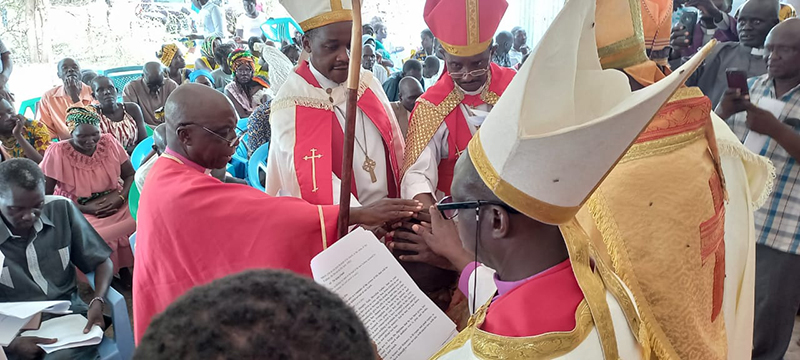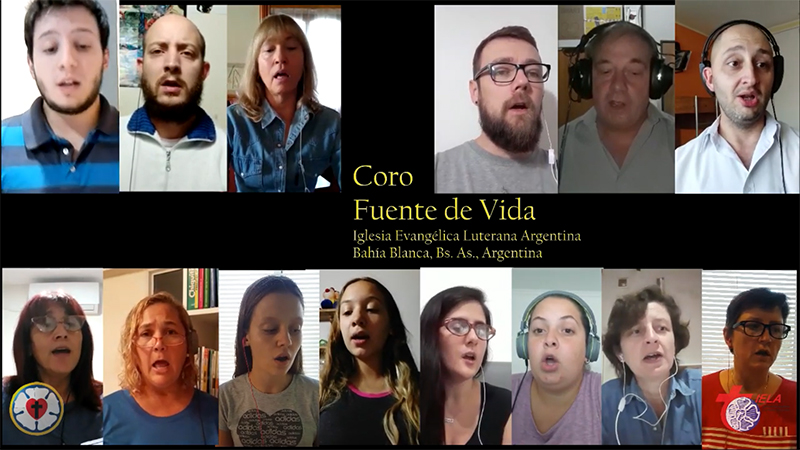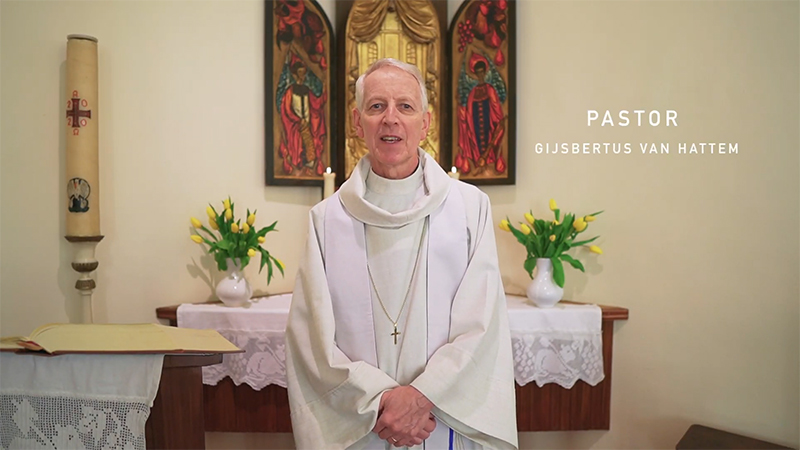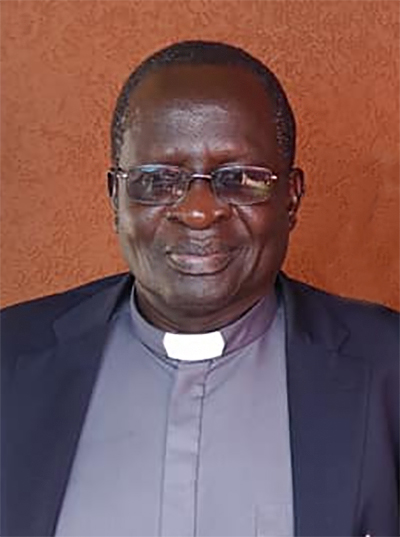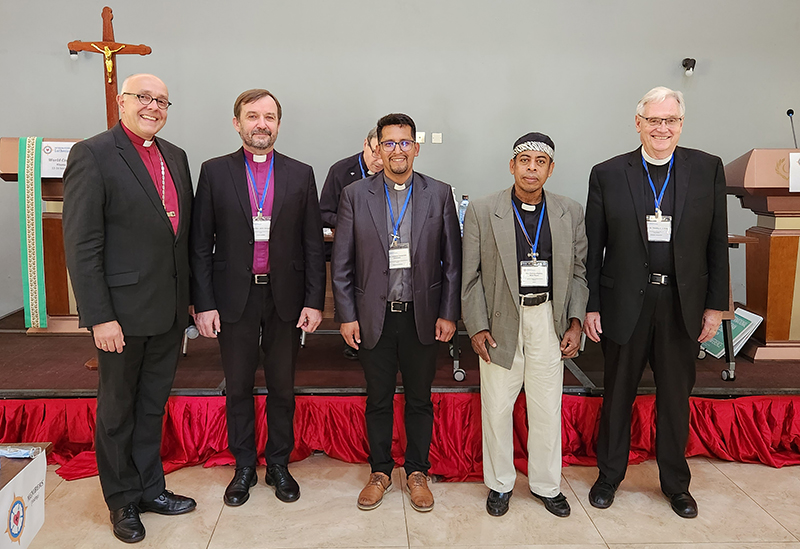
KENYA – On the afternoon of September 13, 2022, the International Lutheran Council unanimously voted to accept two church bodies as full members and one as an associate member. The ILC also formally welcomed ten church bodies which have been accepted as observer members since the last world conference.
The Christian Evangelical Lutheran Church of Bolivia (Iglesia Cristiana Evangélica Luterana de Bolivia – ICEL) was welcomed as a full member. The ICEL’s history dates back to 1978 when Norwegian missions to the country began. The church was officially founded in 1997. The ICEL was previously accepted into the ILC as an associate member at the 2001 World Conference in South Africa. It announced at its 2022 national assembly its decision to seek full membership in the ILC. The ICEL is led by President Limberth Fernandez Coronado.
Also accepted as a full member was the Evangelical Lutheran Church of Latvia (Latvijas Evaņģēliski luteriskā Baznīca – LELB). Lutheranism in Latvia traces its history back five hundred years to when the capital of Riga adopted Lutheranism in 1522. The Latvian church faced severe persecution during the 20th century under the Communist regime but has enjoyed religious freedom again since 1988. The LELB voted in 2021 to seek full membership in the ILC. The ILC’s Board of Directors accepted the LELB as an Observer Member in early 2022, with plans to bring its request for full membership to the 2022 World Conference in Kenya (votes on full membership and associate membership in the ILC must take place during a World Conference). The LELB is led by Archbishop Jānis Vanags.
During its afternoon session, the ILC also voted to accept the Evangelical Lutheran Church of Panama (Iglesia Evangélica Luterana de Panamá – IELPA) as a new associate member. The IELPA arose out of mission work of The Lutheran Church—Missouri Synod to Panama which began in 1941. It has previously attended other ILC events in the past as a guest. The church in Panama is led by Pastor Patricio Mora Reyes.
Observer Members Welcomed
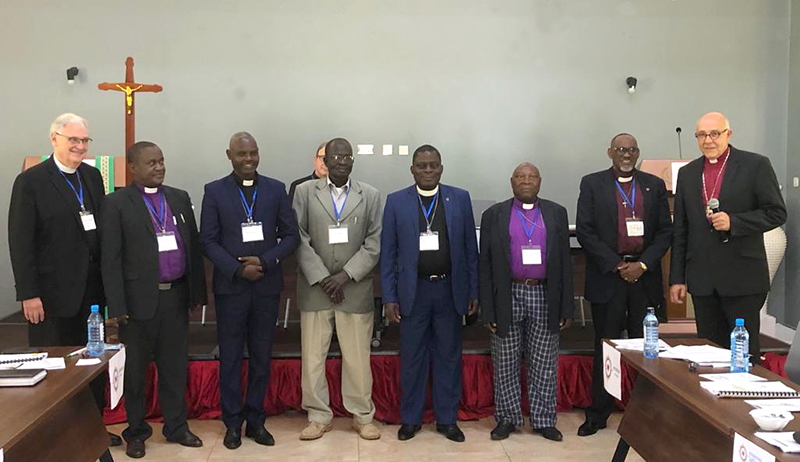
During the afternoon, delegates also offered a formal welcome to churches that have become observers in the International Lutheran Council since the last world conference. Observer membership in the ILC can be granted by the Board of Directors without needing to wait until a world conference. In total, the board has accepted ten new observer members—all from Africa—since the last World Conference in 2018.
These new observer members include:
- BURUNDI: Hope Evangelical Lutheran Church in Burundi (HELCB)
- BURUNDI: Lutheran Church in Africa – Burundi Synod (ELA-SBU)
- EAST CONGO: Evangelical Lutheran Church in East Congo (CELCE)
- EASTERN KENYA: Evangelical Lutheran Conference and Ministerium of Kenya (ELCMK)
- CÔTE D’IVOIRE: Lutheran Church in Africa – Côte d’Ivoire (ELA-SCI)
- MALAWI: Confessional Lutheran Church – Malawi Synod (CLCMS)
- RWANDA: Independent Evangelical Lutheran Congregation in Rwanda (IELCR)
- SUDAN/SOUTH SUDAN: Evangelical Lutheran Church in South Sudan and Sudan (ELCSS/S)
The remaining two observer members welcomed since 2018—in the category of “recognized organizations”—are the Lake Tanganyika Diocese (ELCT-LTD) and the South East of Lake Victoria Diocese (ELCT-SELVD) of the Evangelical Lutheran Church of Tanzania (ELCT):
Reports and Regional Meetings
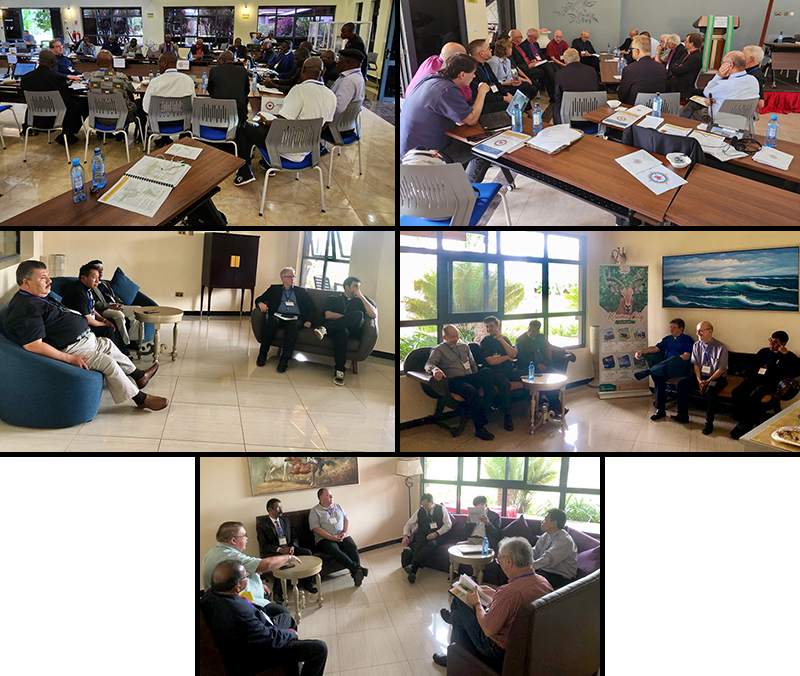
The afternoon session also saw reports given by ILC Chairman Hans-Jörg Voigt and ILC General Secretary Timothy Quill. Following other business, the conference broke into regional meetings to consider nominations for world region representatives on the ILC’s Board of Directors, as well as to discuss other regional issues.
The conference further heard a regional report from the ILC’s outgoing Africa World Region representative, Bishop Dieter Reinstorf of the Free Evangelical Lutheran Church in South Africa (FELSISA). Among other comments, Bishop Reinstorf noted that, over the past few years, the African World Region has grown to be the largest region in the ILC.
The day ended with a service of vespers. ILC Chairman Quill served as liturgist while Bishop Reinstorf preached a sermon on the presentation of Jesus in the Temple from Luke 2.
———————

